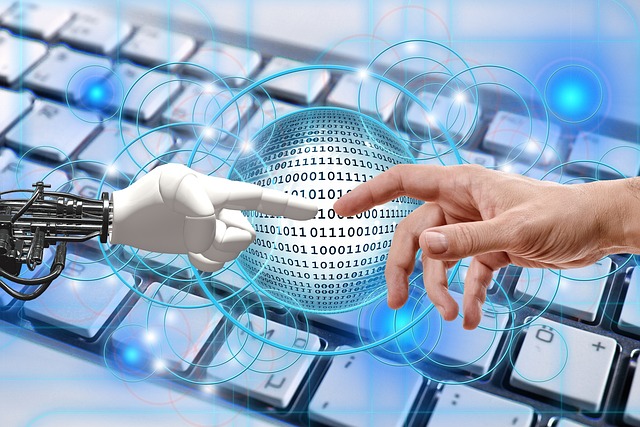
AI and Job Displacement: Navigating the Fear in Various Sectors
Currently, fear is spreading in many sectors that AI will steal their jobs. It’s not science fiction or a conspiracy theory. Artificial intelligence is now a powerful tool that boosts productivity, which in itself could lead to layoffs and workforce reductions. What will be AI impact on jobs?
Anticipating Societal Transformation: The Early Stages of the AI Revolution
However, the main problem (or not) is that we are only in the early stages of this revolution. It’s difficult to predict the long-term impact, but there is quite a consensus that it will not be small, potentially even shaping and transforming our future societies. The reality is that with this technology just beginning to emerge, it’s already possible to visualize how many current professions could be affected. We’re not talking about specific sectors, but rather a broad and diverse range: doctors, truck drivers, artists, actors, writers, software engineers, economists, and many more.
The Alarm Bells: Perceptions of Job Threat and Unemployment
Alarms start to sound when people perceive that their jobs are threatened. It’s no small matter; being unemployed is no joke, and undoubtedly many will, as AI will enable reducing the number of employees while maintaining the same output.
In the long term, however, the consequences will probably be much broader and not so negative. If we were still handwashing clothes, using horses as transportation, or performing all tasks manually, the number of jobs would be infinitely higher. However, the wealth generated would be infinitely lower, and leisure time would be scarce.
Long-Term Consequences: Beyond Job Losses
AI could signify the real beginning of a gradual reduction in the workweek, longer annual vacations, etc. A labor model in which humans contribute a minimum of work compared to machines would imply transforming various layers of society. For example, it might be necessary for machines to pay taxes. If the work is being done by a robot or a computer instead of a human, perhaps that machine should pay taxes as if it were a worker.
Government Oversight: Supervising the AI Transition for a Smooth Evolution
In any case, fighting against AI is swimming against the current. The goal should be to make governments aware that the labor and social transformations it generates must be supervised and regulated. The transition must be as smooth as possible, specially AI impact on jobs.
Challenges and Optimism: The Path Forward in Harnessing AI for Positive Change
I’m not very optimistic about it because usually, the reaction only happens when it’s already too late, and the problems have become an unstoppable snowball. If there’s no electoral gain, politicians are unlikely to take action. Perhaps it’s up to us, ordinary citizens, to campaign and fight for AI to transform our lives for the better. What do you think?